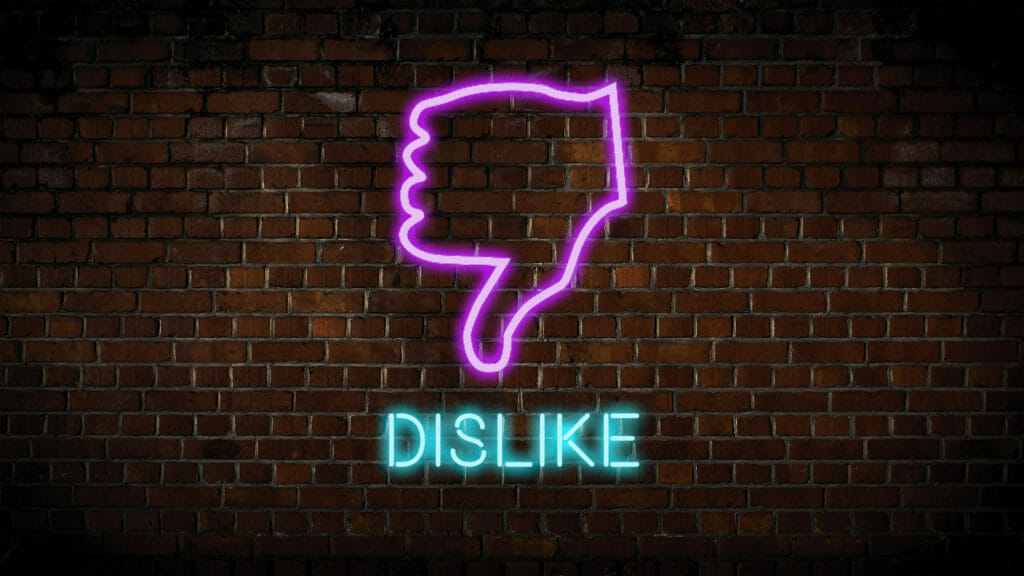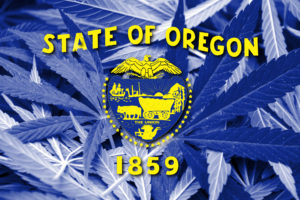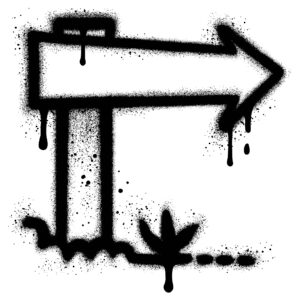On Wednesday, July 8, the Food and Drug Administration (FDA) sent Congress a report on the CBD marketplace. Last year, Congress mandated that the FDA report on hemp-derived CBD in appropriations legislation. You can find the report linked at the bottom of this article from Marijuana Moment, which also provides an overview of the report.
The report itself is, in a word, underwhelming. It provides little new insight. Instead, the report is focused on the testing of CBD products and the fact that many products tested in the market do not contain the amount of CBD listed on the label. That fact has been well established. Here is a report from Penn Medicine back in 2017 on this same topic. In November 2019, Leafly compiled a ton of data on the inaccurate labels of many CBD products. The FDA has also brought up the issue of poorly labeled CBD products in warning letters the agency sends out to companies selling CBD.
This latest punt by FDA is extremely frustrating: after all, FDA is pointing to a problem that only it can solve. I understand that the FDA has to follow certain procedures in collecting data and the agency cannot just rely on the reporting done by companies like Leafly, but that does not absolve the agency for its years of inaction on CBD.
What should FDA have done? To start, the agency could have provided unofficial guidance to CBD manufacturers and distributors. This is what the Department of Justice did with the marijuana industry by issuing the now rescinded Cole Memo, which provided state-level marijuana businesses with guidance on the federal enforcement priorities to avoid in order to stay out of prison. The FDA also could have stayed quiet and left Hemp CBD regulations to the states. That is the approach the agency has taken with marijuana products. Finally, the FDA could send warning letters to state-level marijuana processors who are adding marijuana-derived THC and CBD to edible products. It hasn’t done so because the states have set up their own regulatory frameworks to ensure that marijuana edible products are safe.
As it stands, the FDA has been very vocally opposed to Hemp CBD products without imposing any real penalties. That environment has lead to the testing problem that the FDA has now “reported” on. Turning back the clock to 2018 , the peer-reviewed Pediatric Neurology Briefs ran an article called “Inadequate Regulation Contributes to Mislabeled Online Cannabidiol Products.” Here is an excerpt from that article:
Overall, the results of this study are an important contribution to the growing evidence that online CBD products have a high rate of mislabeling. A need exists for consistency and regulation of these products. There is potential for adverse events by having higher CBD concentrations than expected, resulting in changing serum antiepileptic levels.
This was true when the authors were researching this article in 2016 and 2017. It was true in 2018, 2019, and probably in 2020 too. It will continue to be the case that these products are mislabeled until the FDA does something to change it.
To put this another way, let’s pretend that the FDA is a local mechanic: Frank and Dean’s Auto. Imagine that you are having trouble with your car’s brakes so you take it to Frank and Dean’s Auto. You are hoping that they can fix your brakes the day you take it in. But to your dismay, when you get there, you learn that you’ll have to leave the car overnight so they can run some diagnostic testing. When you return the next day, they tell you that your brakes are not working correctly and they cannot fix your car. They tell you that they have the tools to fix your brakes, as well as the replacement parts as well, but that they cannot do anything because they don’t fully understand what is wrong with your brakes. Finally they tell you that you should not drive your car until you fix your brakes. I’m sure that you would leave a pretty bad review for Frank and Dean’s Auto on Yelp.
The FDA needs to get its act together on CBD. If you read this blog, you’ll know that doing this is not easy but the FDA has had years to figure this out and has yet to make any meaningful changes. The FDA has waffled on CBD for too long and needs to make a change.






















